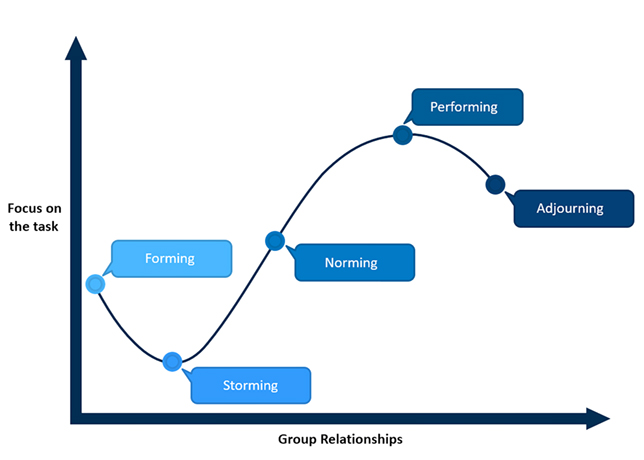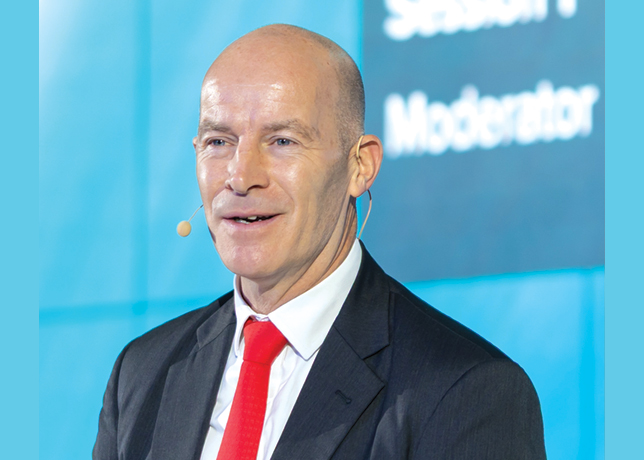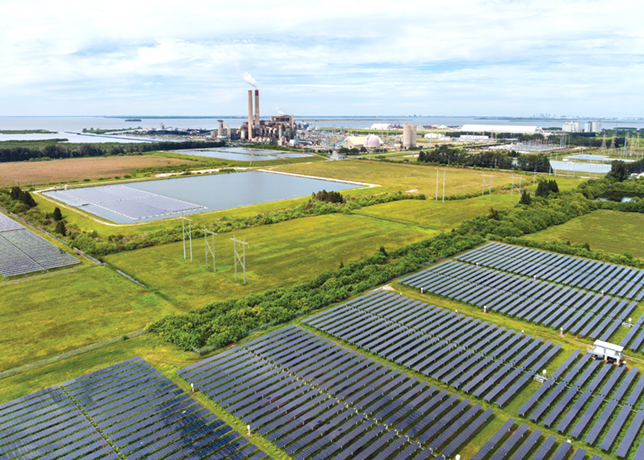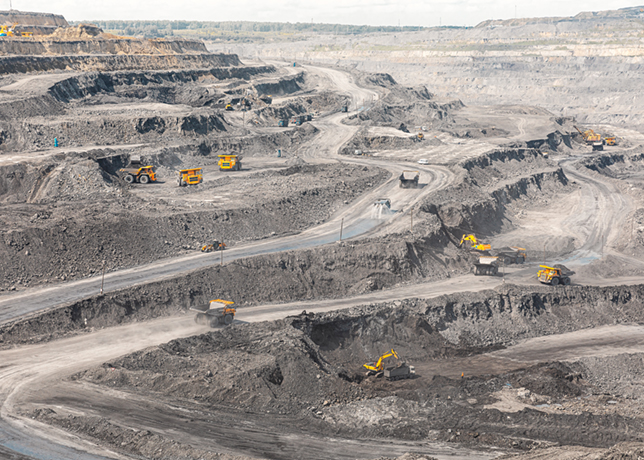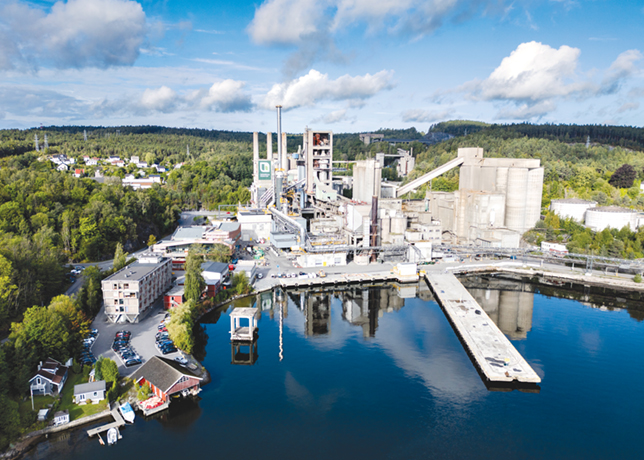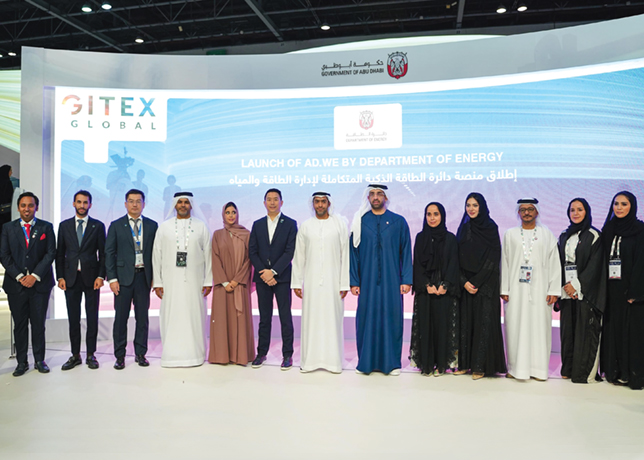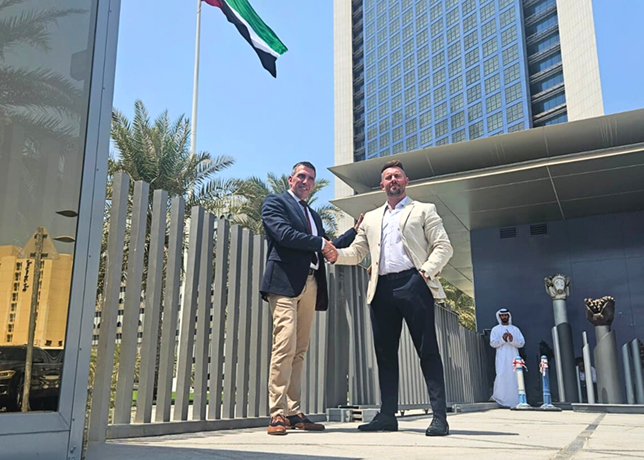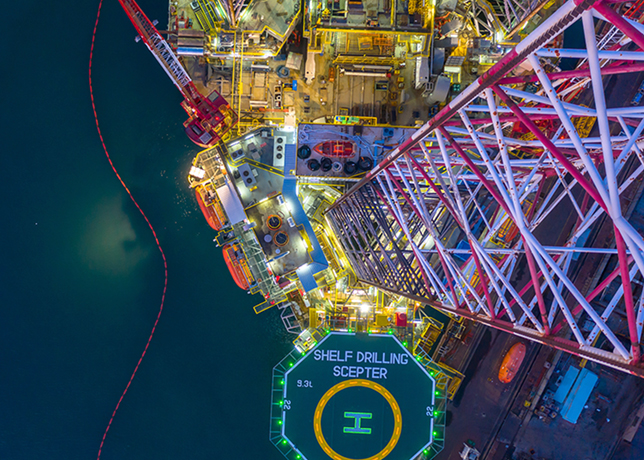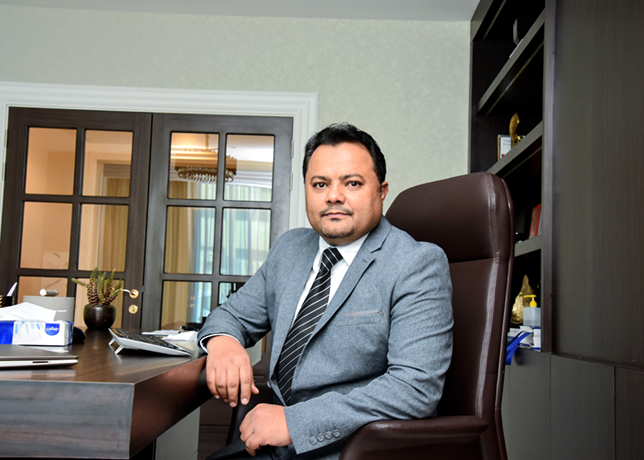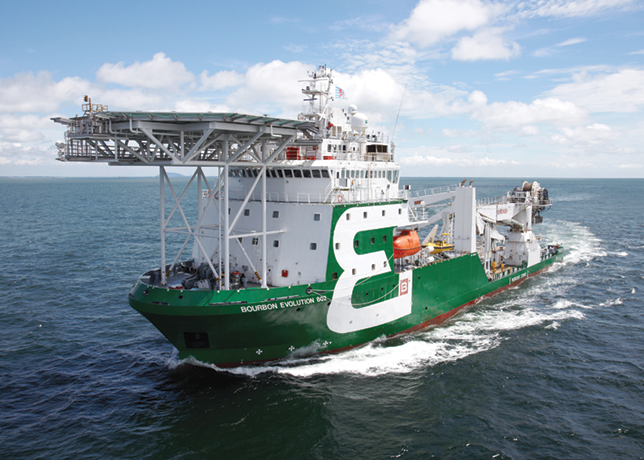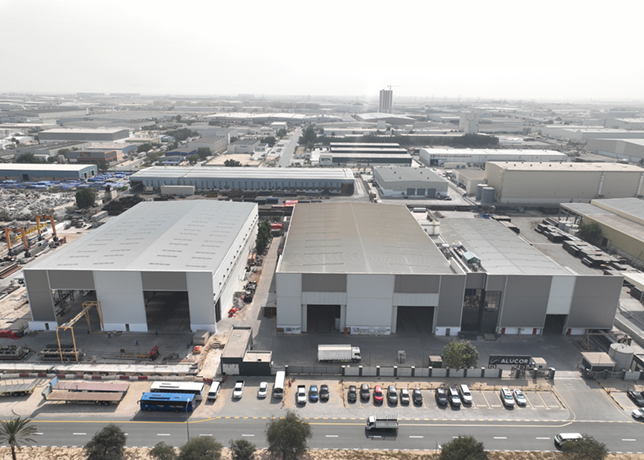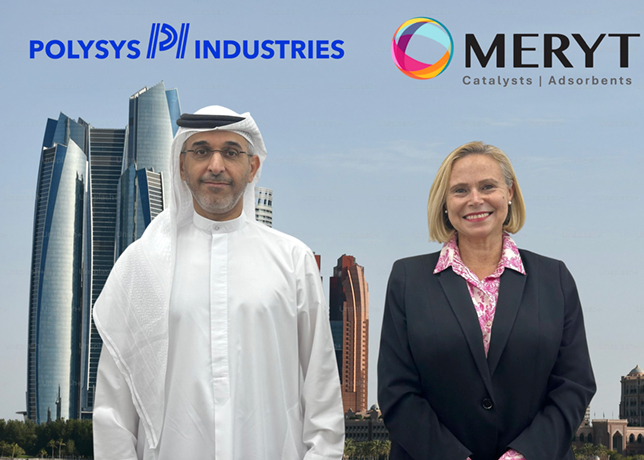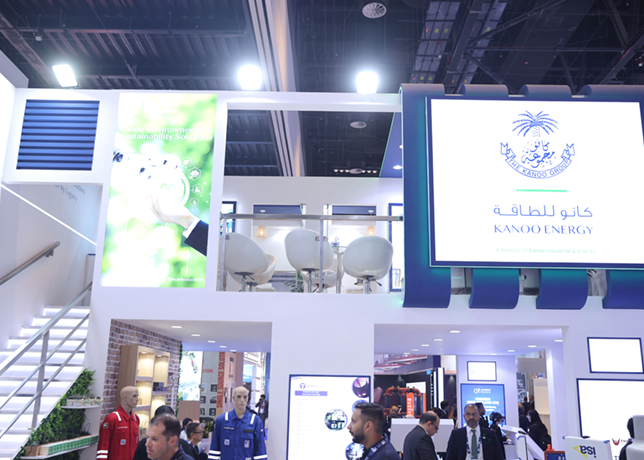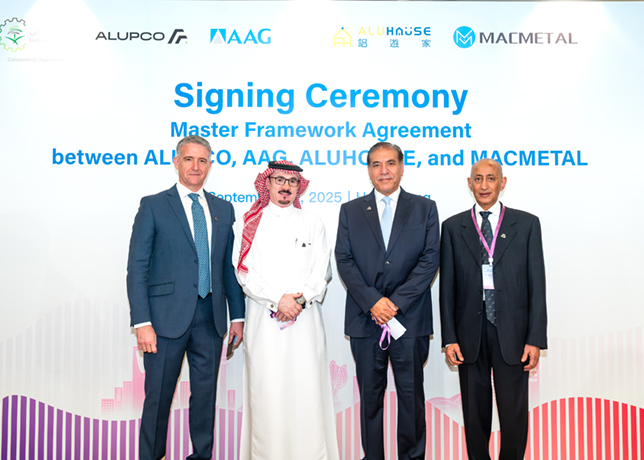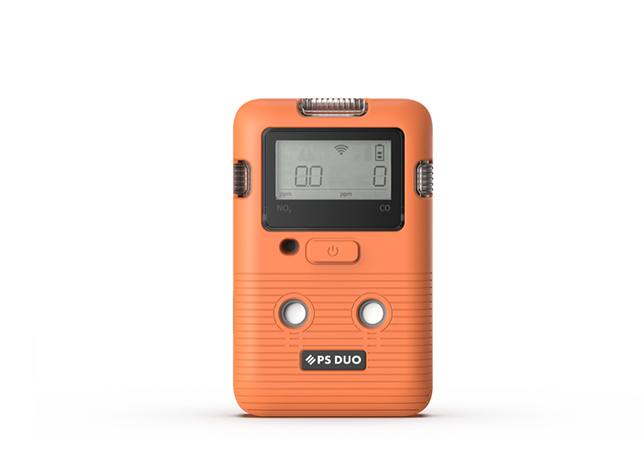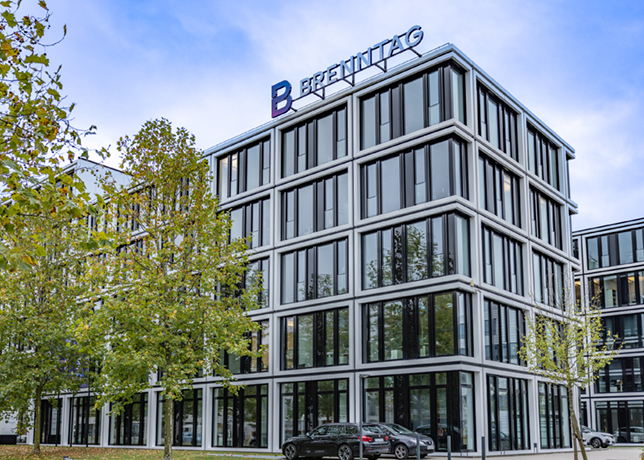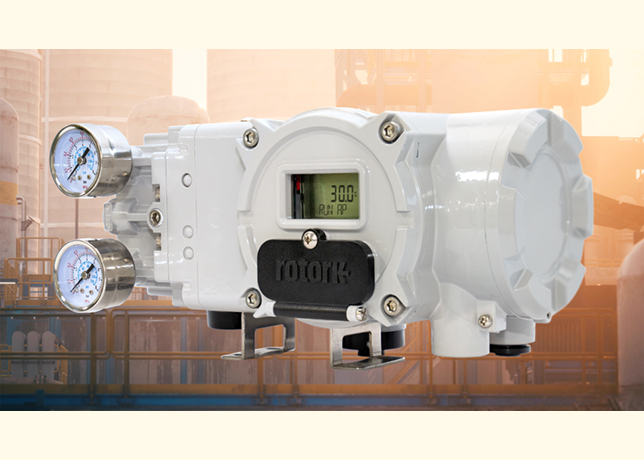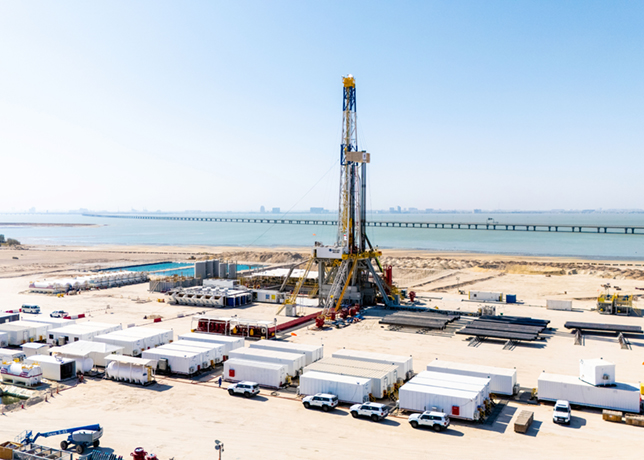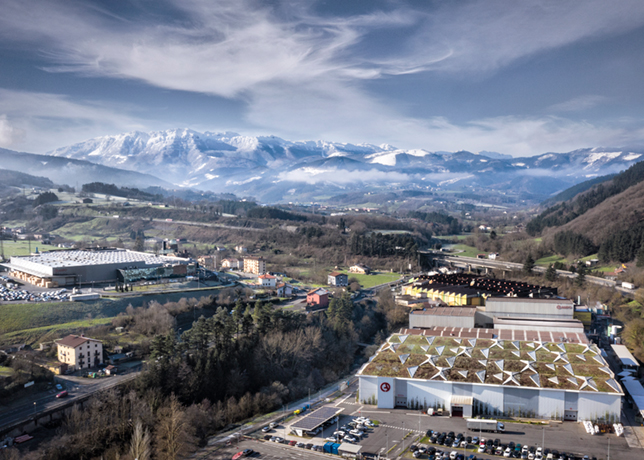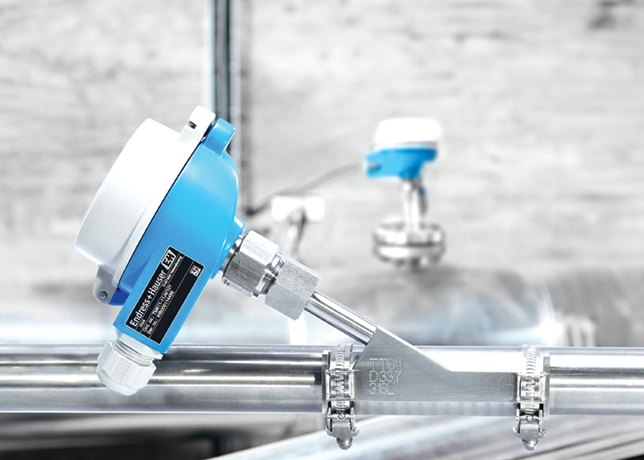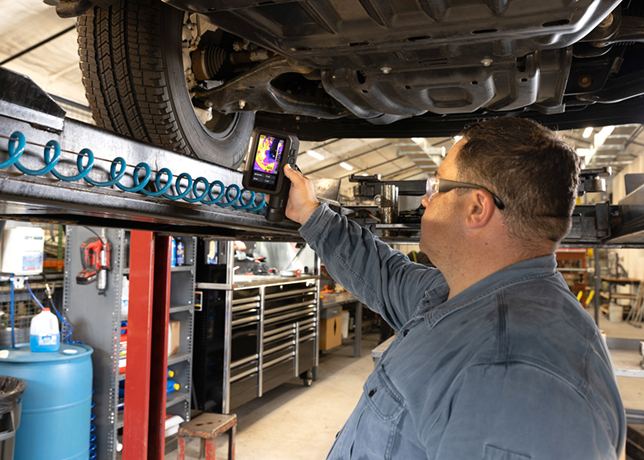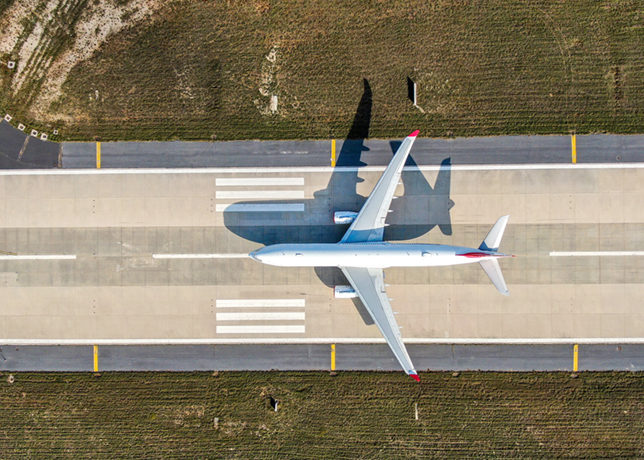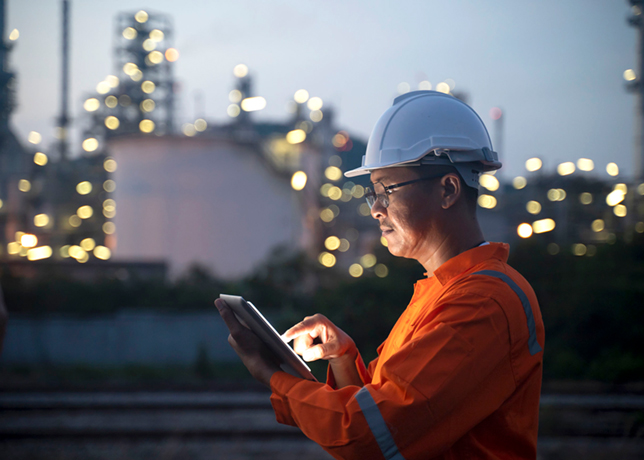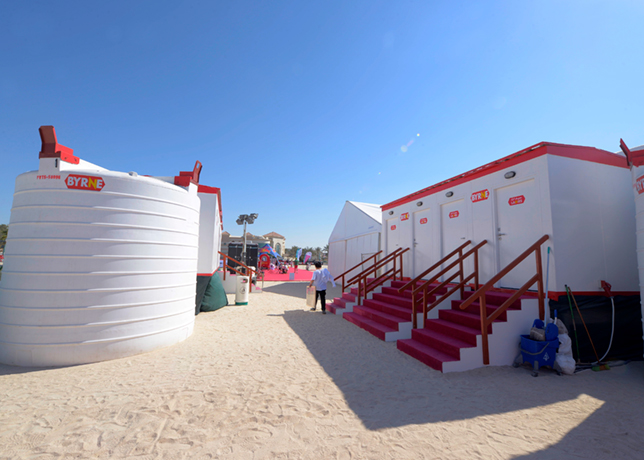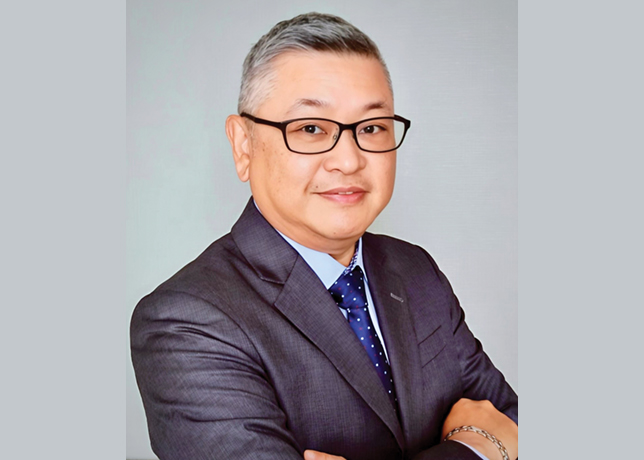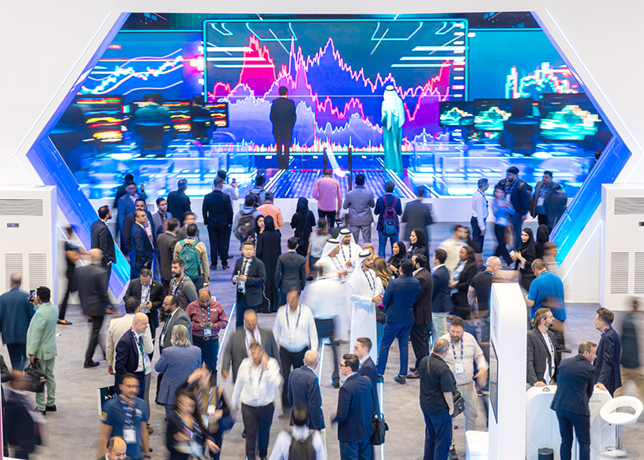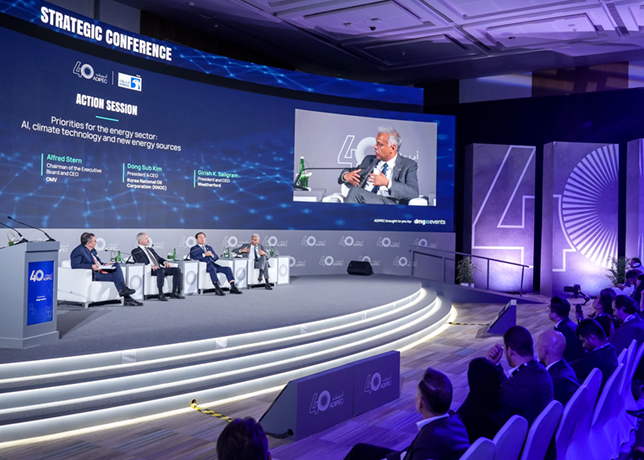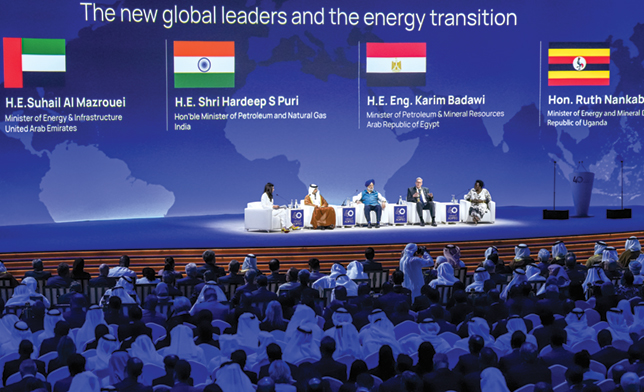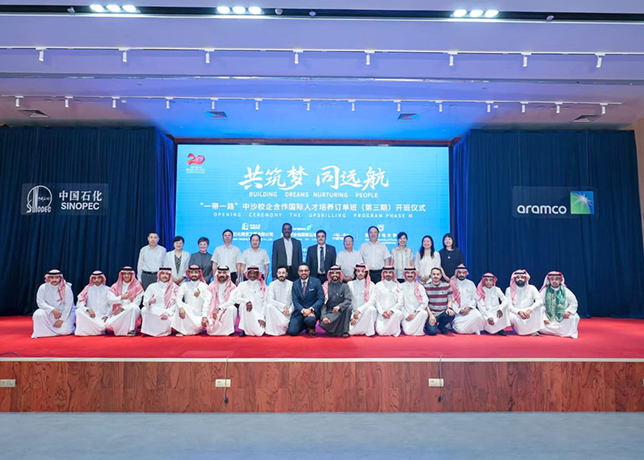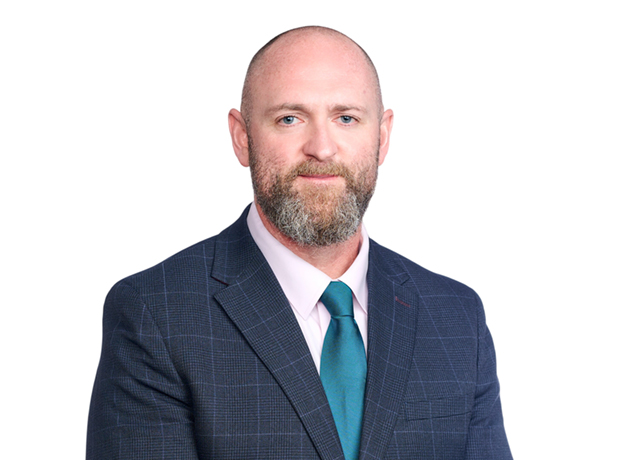
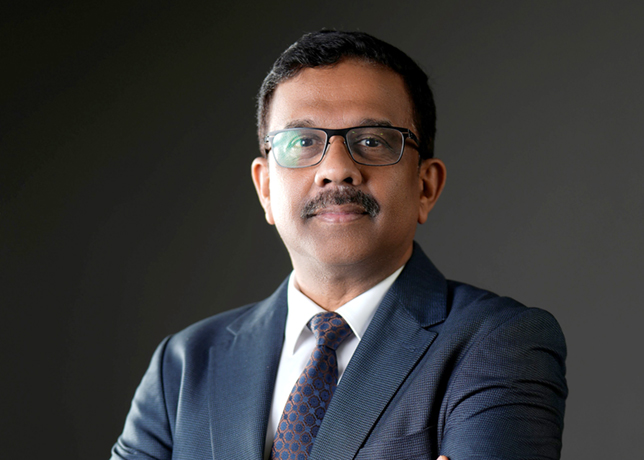 Dr Rohil Raghavan
Dr Rohil Raghavan
As the energy transition reshapes the industry, a renewed focus on workforce wellbeing calls for balancing innovation with safety, mental health, and resilience across the harshest environments, Dr Rohil Raghavan tells OGN
For workers in the energy sector, who operate in some of the world’s most unforgiving environments, health and safety are more than compliance; they are lifelines.
From scorching desert oilfields to remote offshore platforms, the risks of heat exposure, isolation, and delayed emergency response remain constant threats.
At the forefront of tackling these challenges is Response Plus Medical Services (RPM), a leader in onsite medical and emergency services.
Over the last 15 years, the company has carved a niche in the energy sector in the region with its world-class medical emergency preparedness and operations.
In an exclusive interview, Dr Rohil Raghavan, CEO of Response Plus Holding, tells OGN energy magazine about the evolving nature of emergency medical care in the energy sector, and the $1 million Human Energy Awards.
Below are excerpts from the interview:
From your perspective in occupational health and emergency medical services, what are the most pressing longstanding physical health and safety challenges for energy sector workers operating in hazardous, remote, or extreme environments?
 |
Companies are increasingly recognising the direct link between wellbeing and safety performance |
The fundamentals haven’t changed: Heat exposure, falls, and chemical hazards remain the leading causes of serious incidents in energy operations. What has changed is the complexity of the environments we are sending workers into: Deeper offshore, hotter deserts, and more isolated sites.
Heat stress has become particularly critical. If you combine soaring temperatures with heavy protective equipment and long shifts in remote locations, we are leading into an extremely risky environment.
The psychological impact of isolation adds another dimension. Fatigue and stress impair judgment, and poor decision-making is often the trigger for serious accidents.
From our experience at RPM over the years in supporting energy sector clients across the Middle East, the time between an incident and access to critical, emergency medical care can mean the difference between life and death.
That’s why strong pre-hospital emergency response capabilities are non-negotiable for remote operations.
It is a matter of immense pride that RPM is today the leading organisation in the provision of onsite medical services & facility operation and management in the Energy sector across the region.
How is the focus on mental health and wellbeing evolving in the energy industry, particularly regarding isolation, high-stress conditions, stigma, and the need for stronger support systems?
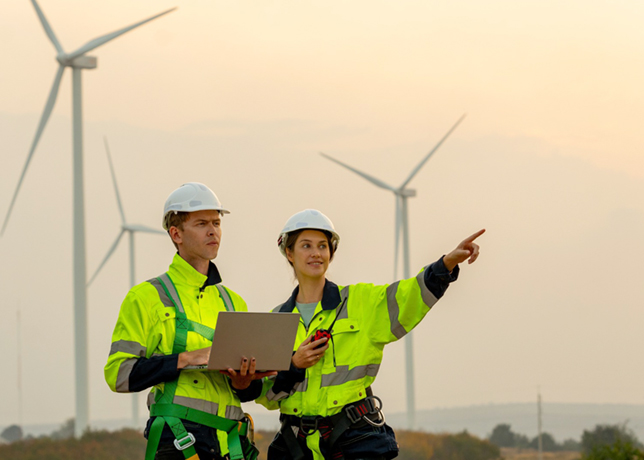 |
The complexity of the working environments is changing with energy transition |
Over the years, discussions on mental health and wellbeing have shifted from being seen as a positive potential add-on to a business imperative, as companies are increasingly recognising the direct link between wellbeing and safety performance.
Whether you’re on a platform for weeks at a time or managing projects across time zones, isolation remains one of the biggest challenges.
Although the expectation to endure challenges without support is gradually easing, stigma remains widespread in many operations, continuing to discourage employees from seeking help.
Technology is helping to close the gap. Telehealth services, 24/7 hotlines, and virtual counselling are making mental health support available even in the most remote environments.
Talking about mental health, RPM subsidiary Prometheus Medical International has launched a comprehensive mental health awareness campaign with one of our clients.
The initiative covers over 5,000 blue-collar workers and aims to foster a culture where employee mental health is prioritised across all levels of the workforce, supporting productivity and staff retention.
This is the reason why initiatives such as the $1-million Human Energy Health and Wellbeing Awards by RPM Holdings and Burjeel Holdings, and supported by Prometheus Medical International, are so important and pertinent to support the cause of employee health and wellbeing.
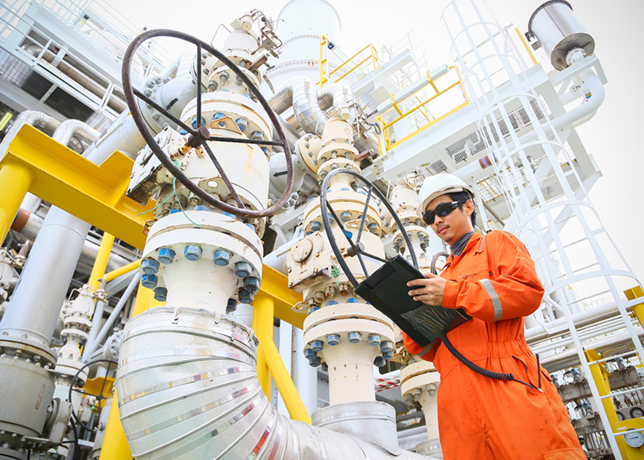 |
The energy industry needs to adopt holistic health programmes that address the full spectrum of wellbeing |
The award is the first global platform recognising workforce wellbeing innovations in the energy sector, with prize money celebrating companies that put human energy on equal footing with traditional energy metrics.
By showcasing and rewarding best practices, we are committed to accelerating cultural change across the industry.
The award, which will be announced at ADIPEC 2025, is a catalyst for innovative approaches that improve the quality of life at individual, community levels, aiding breakthroughs that alleviate the physical and mental wellbeing challenges in the energy sector.
As the energy transition accelerates, what new or emerging health and safety risks do you foresee for the workforce?
The transition presents a paradox where we build a cleaner future, but at the same time expose workers to new and often unfamiliar risks.
Offshore wind farms are being built hundreds of km from shore, while solar installations are often located in deserts with minimal infrastructure.
These remote settings make medical evacuation complex and expensive.
Climate change adds another layer of risk, as workers now face more frequent extreme weather events while building the infrastructure of our clean Energy future.
Looking ahead, what best practices will be critical to shaping the future of workplace wellbeing in the Energy sector?
The industry needs to adopt holistic health programmes that address the full spectrum of wellbeing: Physical fitness, mental resilience, nutrition, and even family support.
We are already seeing integrated platforms emerge that combine biometric monitoring with stress indicators to create personalised health profiles, giving companies early-warning systems before issues escalate.
Wearables can already track fatigue, hydration, and vital signs in real time. When paired with AI that analyses data across thousands of workers, these tools can predict health risks, optimise shift rotations, and reduce preventable incidents.
Progress will be fast if it’s collaborative. At RPM, we are also investing in cutting-edge technologies, AI-aided occupational health solutions to boost medical outcomes, empowering patients, optimising efficiency, and expanding the reach to provide holistic pre-hospital care and employee wellness.
The Human Energy Awards represent this collaborative future, bringing organisations together to celebrate innovative wellbeing solutions and spread advances across the entire supply chain.
The companies that recognise human energy as their most valuable renewable resource will be the ones that thrive in the energy transition.
BY Abdulaziz Khattak







































































